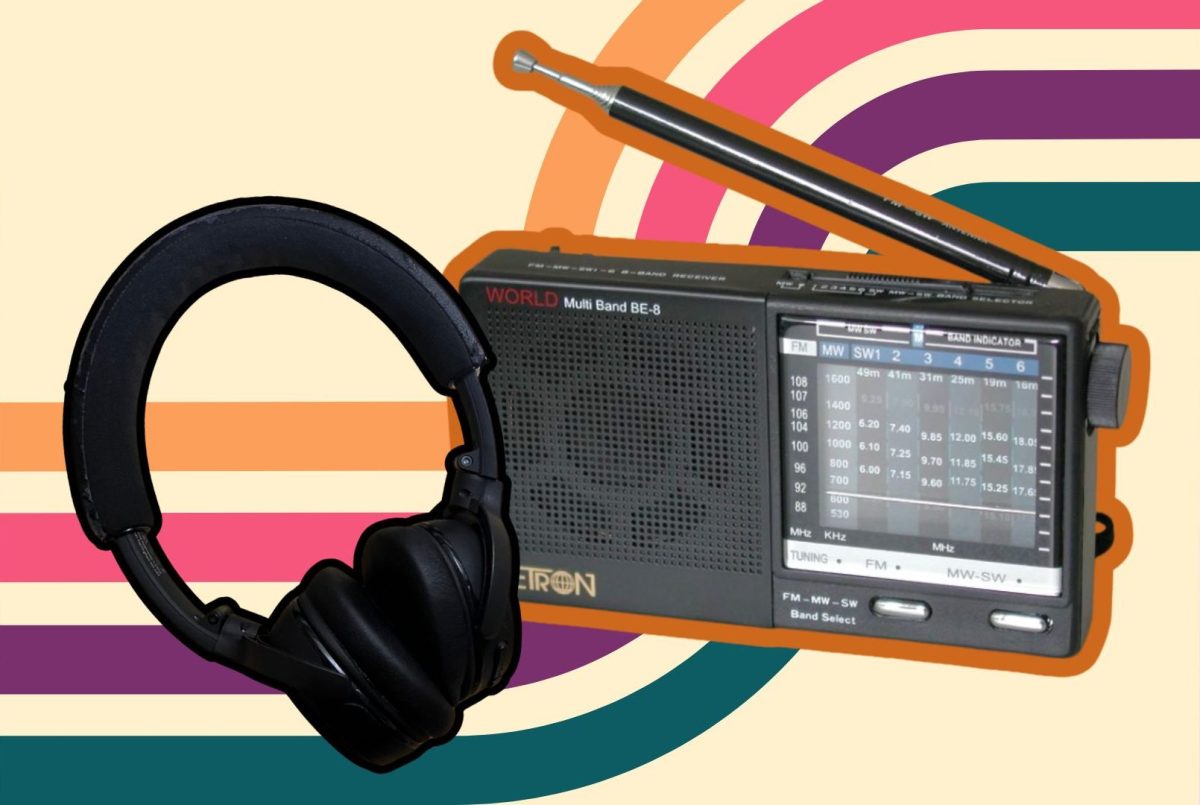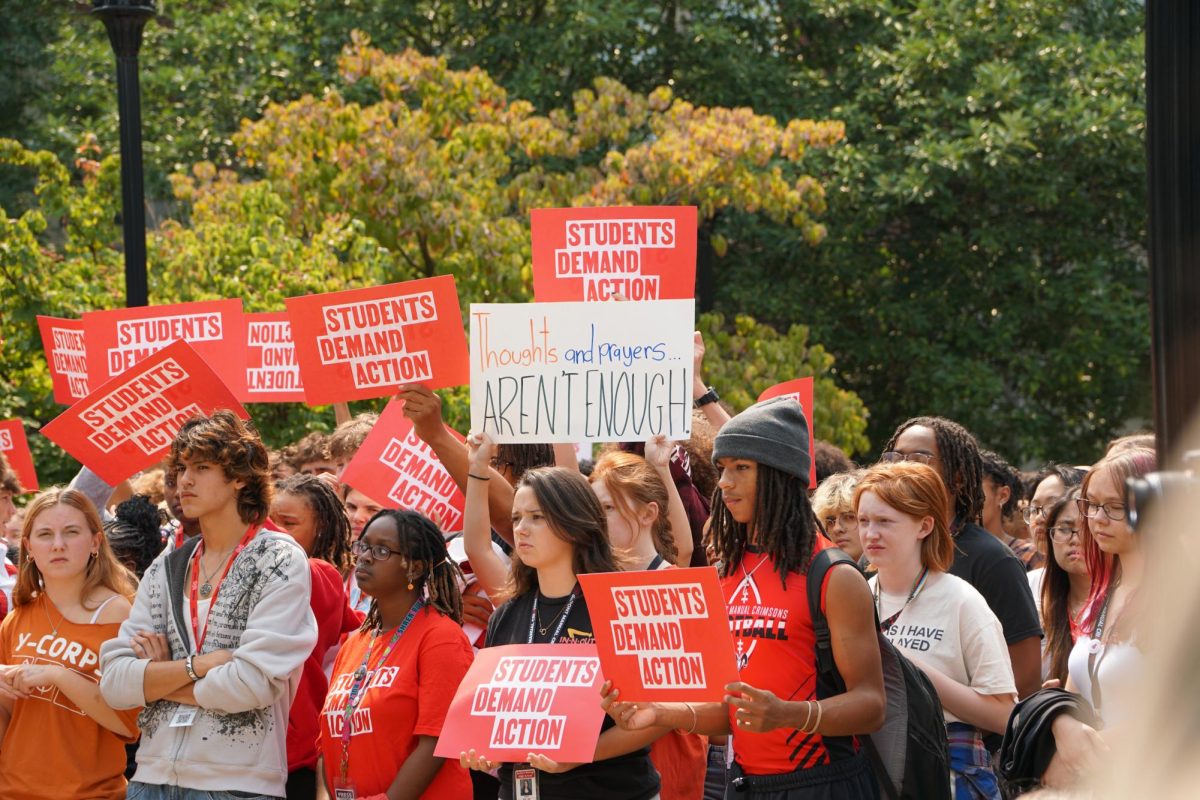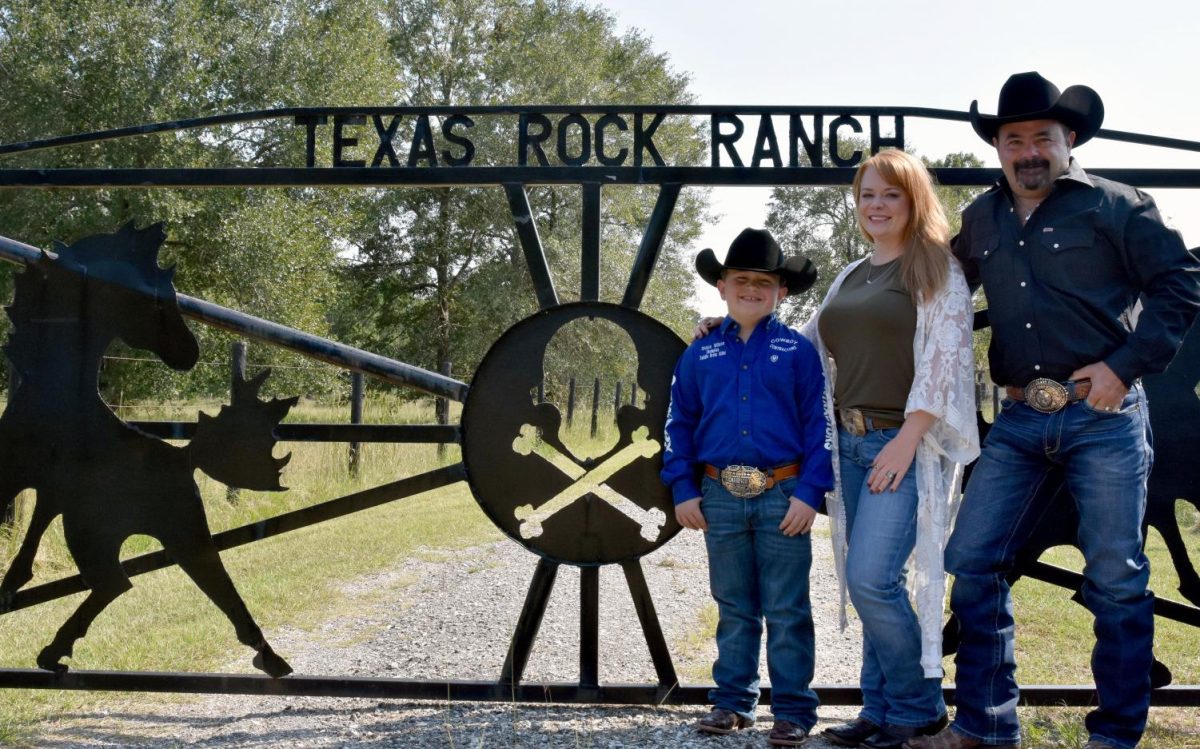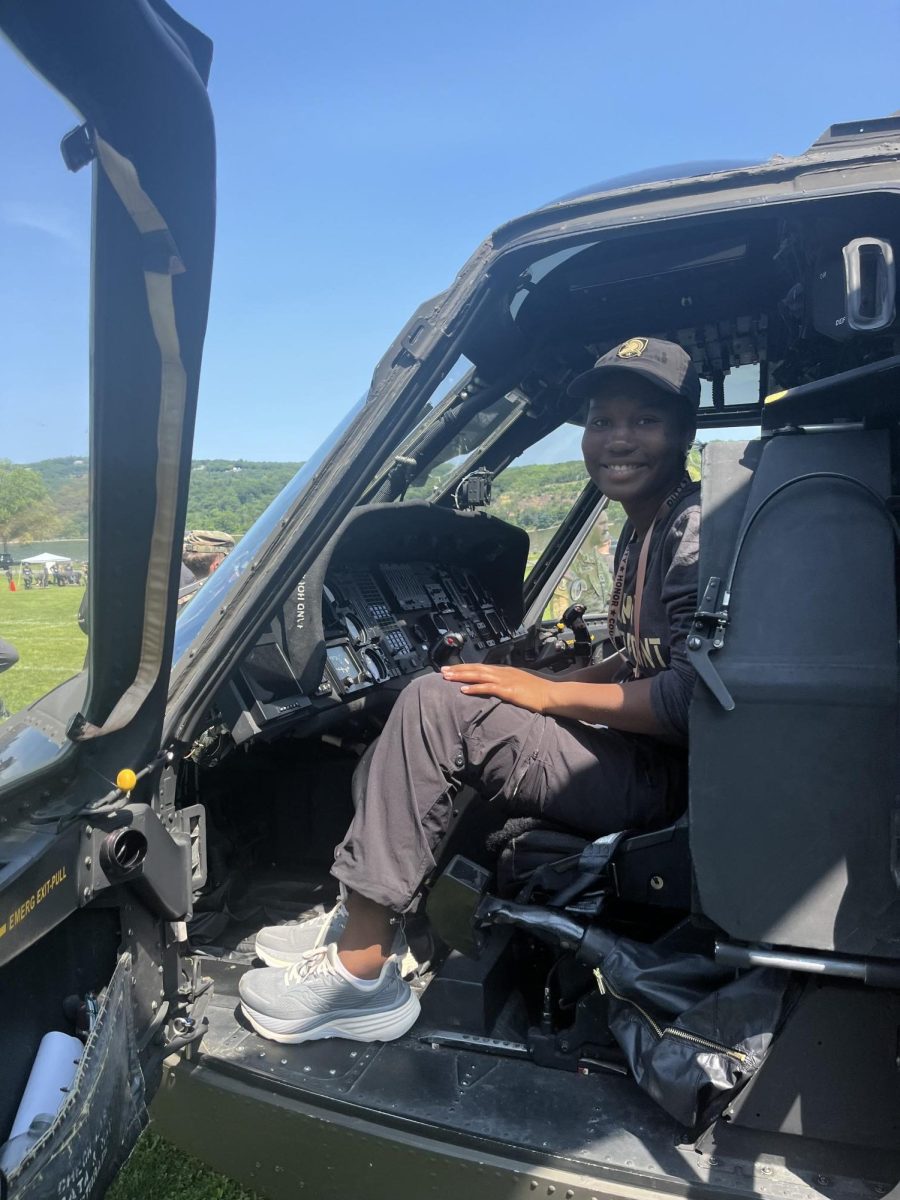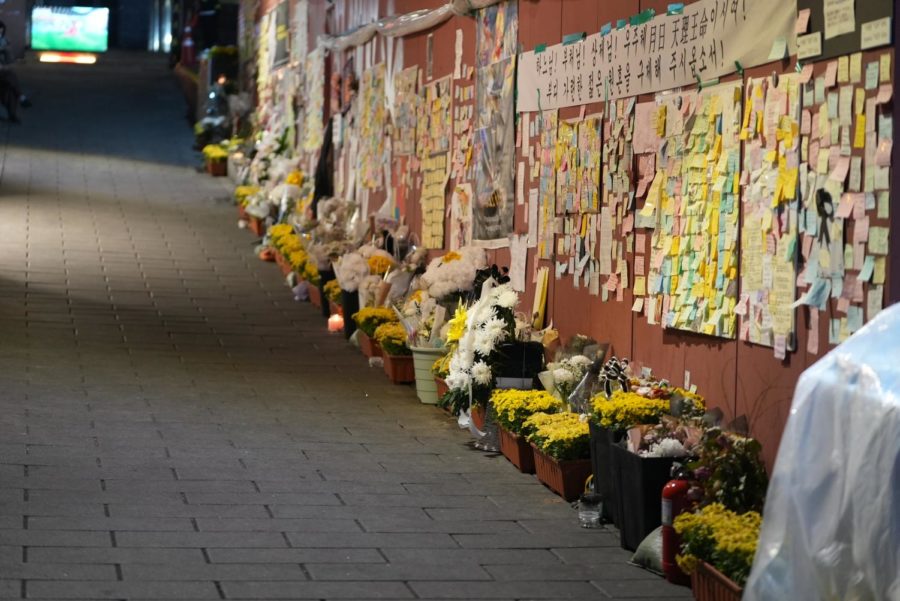The Itaewon the world knew was full of flashy nightlife and home to the trendiest clubs in South Korea. This forever changed after the crowd crush on Oct. 31 last year in a small alleyway in the city took more than 150 lives. Almost as if it were a ghost town, the world has abandoned the once vibrant neighborhood. Even before the Halloween catastrophe occurred, the lives of some residents were already being ignored and forgotten: the lives of refugees.
The boom of foreign culture in Seoul started with the American bases stationed in Itaewon following the Korean War. Due to this influence, the city began to incorporate different elements of Western culture, and thus arose a neighborhood that attracted many foreigners. Even more foreigners flooded into Itaewon after the South Korean government started recruiting laborers from various South and Southeast Asian countries. From then on, Itaewon has become a neighborhood known for its foreign atmosphere, celebrating international cuisines and other aspects of international culture, and attracting refugees to live there.
According to the UN Department of Economic and Social Affairs (UNDESA), there were 28,792 refugees and asylum seekers registered as living in Korea as of 2020. To attain refugee status, refugee seekers must first go through an application process where they submit a number of different forms to the Ministry of Justice, which will then decide whether or not to grant them refugee status. Although South Korea has received many applications for refugee status, only a relatively small percentage — about 1.5% per year — are registered as refugees. Although refugees are allowed to stay in South Korea, they do not receive the fundamental rights of refugees until the government grants them refugee status.
In July of 2018, Ki Hak Kim, a Non-Governmental Organization representative, opened a small center in Itaewon called the Baraka Little Library in an effort to allow refugees to better assimilate into Korean society. Here, he and his staff take care of the refugees’ children after school while their parents work all day, and the center makes sure that the children are doing well with their studies. Helping the children with such classes as Korean language and computer science, the staff undertakes efforts to familiarize the children with the Korean lifestyle.
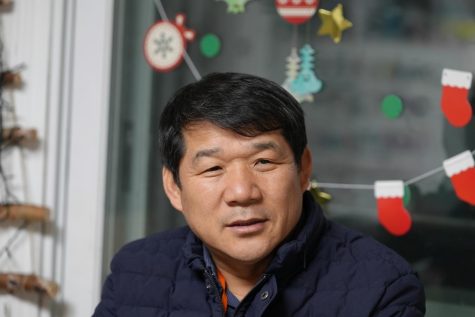
“It wouldn’t be an exaggeration to call the Baraka Little Library my second home,” said Naheed, a high school refugee who received help from the staff of the library. “I have a different starting line from the Korean students at my school, so it is difficult for me to follow cram school classes, and my family does not have the funds for me to attend one. Because of this, the Baraka staff try their best to teach us Korean, and because we get our basics down with them, it is easier to improve at school.”
Kim and his staff work hard to tackle other problems that many of the refugees face, including the most fundamental one: unemployment. Korean society often stigmatizes many Muslim refugees — particularly those from the Middle East — because of their religious affiliation. This burden adds to the even bigger problem of not having legal refugee status, which would grant them permission to work in tolerable environments. As a result, they find it increasingly difficult to find jobs, let alone high-paying jobs, and they therefore experience many hardships, including the provision of basic necessities such as paying rent or buying food.
“In Korea, if you do not pay your bills for two months, you get a warning, and if you do not end up paying by the three month mark, your electricity gets cut,” Kim said. “We help those who are in this difficult situation by hosting fundraisers and try our best to make sure the refugees are able to get the resources they need.”
Although some of the more fortunate refugees run their own restaurants that specialize in their home cuisines, many others typically work in menial jobs, such as working as restaurant help, janitorial work and so on. As the library’s staff work to help the refugee seekers adjust to life in Korea, they also work to identify new opportunities for employment, teach the refugees about basic expectations in Korean workplaces and provide behavioral training to improve their chances at getting a job.
“If you are a refugee candidate, your visa status limits you to a selection of very few jobs, and it is especially hard because refugees are not used to the language and working culture here in Korea,” Kim said. “In spite of these hardships, we have to keep going and endure through these hard times with them.
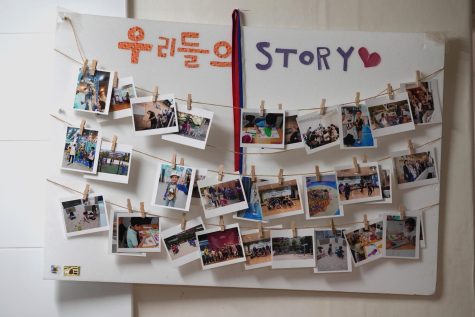
After the recent Itaewon tragedy, the refugees find it even harder to maintain their small businesses as Korean clientele choose to spend their evenings in other neighborhoods. Refugee-owned businesses were already suffering because of the effects of the pandemic, but the additional hardships brought by the tragedy have created new mountains for refugees to cross in order to find or maintain stability.
“The people around this area have been saying that business is almost as slow as it was during the height of the pandemic because tourists are no longer visiting,” Kim said. “If this continues on until Christmas, this problem may become very severe.”
Meanwhile, the library has faced multiple challenges from the moment it opened. First, many refugees initially refuse help when approached due to their fear of being taken advantage of. They harbor suspicions that the people trying to help them may have ulterior motivations and distance themselves from the staff of the Baraka Little Library. Second, many financial issues arise as the library tries its best to help refugees with their bills and other essential needs. Now that runaway inflation has caused the prices of fundamental resources for food to skyrocket, it has become even more difficult for the library to provide the refugees with needed supplies.
“Many things are rising in price. For example, oil has gone up two times, and flour has also increased in price,” Kim said. “Some donors donated 20 sacks of flour, and a church gave us four-kilogram bags of rice, so we were able to distribute them to different people in need.”
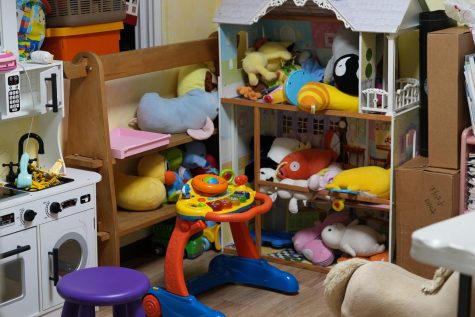
Despite these setbacks, the Baraka Little Library continues on with their goals. Even though it may seem like just another small nonprofit organization supplying refugees with jobs and education, in reality, Kim and the staff of the library have a bigger sense of mission: to bring light to those in the dark depths of quiet despair.
“My dream is to return to Afghanistan and improve the education system for women there,” Naheed said. “Afghanistan is currently the only country that bans women from receiving an education, which limits their social advancement. By contrast, Korea is a place that gave me an opportunity to receive an education and a place where I can prepare for the future. I want to use the knowledge I learned from Korea as a stepping stone to return to Afghanistan and help change the current structure there.”
Through their efforts, they hope not only to improve the physical aspects of the refugees’ lifestyles, but also to bring hope to those who are less fortunate. They offer a platform for people to start their lives afresh, and ultimately to allow them to pursue new opportunities.
This story was originally published on Harker Aquila on February 8, 2023.

